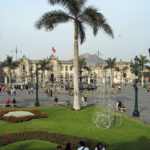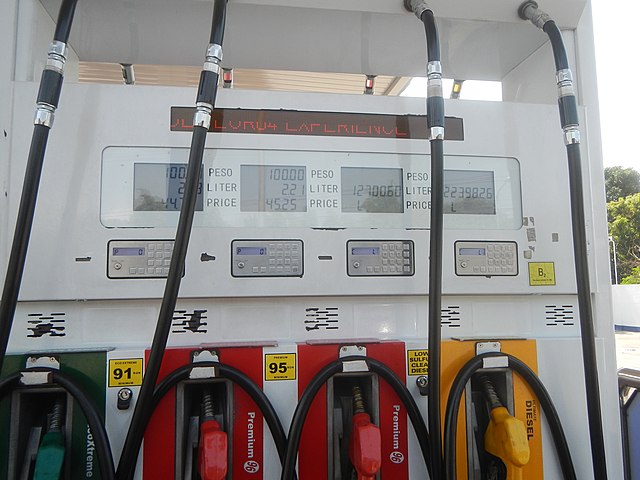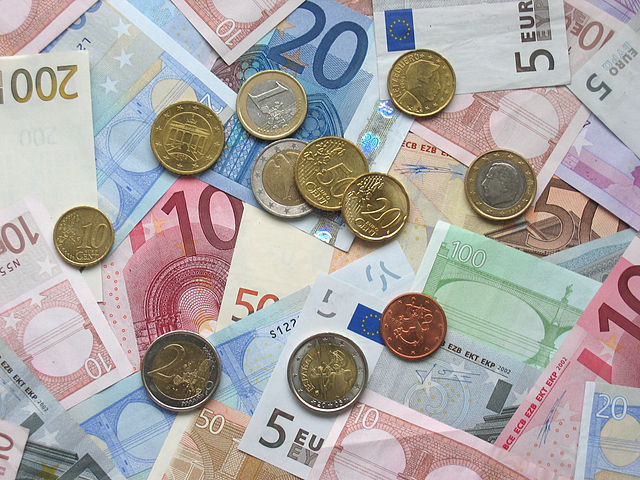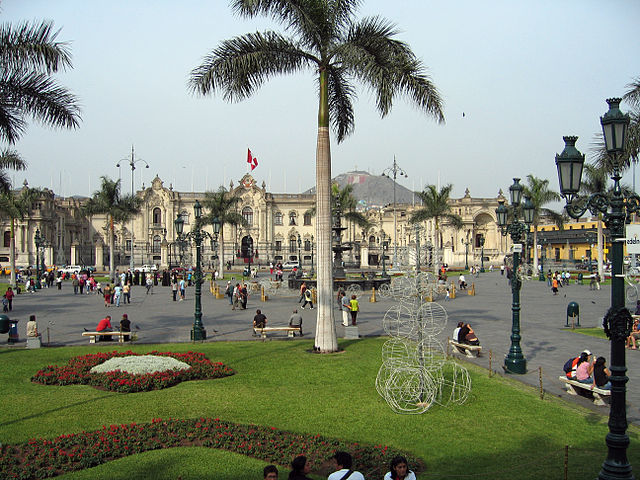The Ministry of Economy and Finance in Uruguay recently announced that fuel prices will remain stable in July. This decision comes as a result of the minimal variations recorded in the import parity prices over the past month. The maximum prices for Super 95 gasoline, Gasoil 50S, and Liquefied Petroleum Gas (LPG) will be maintained at their current levels. This article will analyze this development from a classical liberal perspective, exploring the benefits of price stability, economic freedom, and the government’s role in safeguarding economic activity and the well-being of citizens.
Price Stability and Market Efficiency:
Price stability is an essential factor in maintaining market efficiency and promoting economic growth. When fuel prices remain stable, consumers and businesses can make informed decisions based on predictable costs. This stability provides an environment conducive to investment, as businesses can plan and allocate resources with confidence, knowing that sudden price fluctuations will not disrupt their operations.
From a classical liberal standpoint, market forces should determine prices. The government’s decision to maintain stable fuel prices aligns with the principles of free markets and limited government intervention. By allowing prices to be determined by supply and demand dynamics, market participants can engage in voluntary transactions that lead to optimal outcomes for both buyers and sellers.
Consumer Welfare and Affordability:
Stable fuel prices directly impact the cost of living for citizens. When fuel prices rise uncontrollably, it places a burden on individuals and households, particularly those with limited financial resources. By keeping fuel prices steady, the government aims to safeguard the well-being of Uruguayans and ensure that they can afford essential goods and services.
Classical liberalism emphasizes individual freedom and the importance of personal choice. Stable fuel prices enable individuals to allocate their income more effectively, empowering them to make decisions that align with their priorities and preferences. With predictable fuel costs, individuals have the freedom to budget and plan their expenses accordingly, leading to increased economic security and improved quality of life.
Government’s Role in Economic Stability:
While classical liberalism emphasizes limited government intervention, it acknowledges that there are instances where government action is necessary to safeguard economic stability. In this case, the government has chosen to maintain stable fuel prices to protect the national economy and the well-being of its citizens.
The government’s commitment to preserving economic activity and managing fluctuations in international energy markets reflects its responsibility to create a favorable environment for businesses and individuals. By keeping fuel prices in check, the government mitigates the potential negative impacts of price volatility on the overall economy, reducing uncertainty and encouraging investment and consumption.
Moreover, the decision to maintain stable fuel prices demonstrates the government’s recognition of its role as a regulator and facilitator of economic transactions. By establishing a predictable framework for fuel pricing, the government ensures that market participants can operate with transparency and confidence, promoting fair competition and preventing market distortions.
The Ministry of Economy and Finance in Uruguay’s decision to maintain stable fuel prices in July aligns with the principles of classical liberalism. By allowing market forces to determine prices, individuals and businesses benefit from predictability and can make informed decisions. Stable fuel prices also contribute to the well-being of citizens by ensuring affordability and economic security. While classical liberalism advocates for limited government intervention, it recognizes that the government’s role in safeguarding economic stability is crucial. In this case, the government’s commitment to preserving economic activity and managing international energy market fluctuations is in line with its responsibility to create a conducive environment for businesses and individuals. By striking a balance between free-market principles and necessary government action, Uruguay can foster an environment of economic freedom and prosperity for its citizens.










